Erika Sugarmon resembles her father, the late political and legal eminence Russell Sugarmon, in her determination to set aside initial setbacks as a candidate. The elder Sugarmon ran for a seat on the old Memphis City Commission back in the last days of Jim Crow. He didn’t make it, but persisted until, years later, he won elections for the state legislature and General Sessions Court.
His daughter is 0-for-1 as a candidate, having been a runner-up to Ford Canale last year in a special election for the Super District 9, Position 2, City Council seat. But that loss was a close one, and Erika Sugarmon’s second-place finish in a race where she was having to share an anti-establishment constituency with several other challengers was strong enough to encourage her to make a second try for the council.
This year, instead of taking another shot at Position 2 incumbent Canale, Sugarmon is going for the Position 1 seat in District 9. That’s an open seat, and, instead of six opponents, she has one — developer Chase Carlisle, whom she sees as one more specimen of an elitist constituency that is already over-represented on the council.
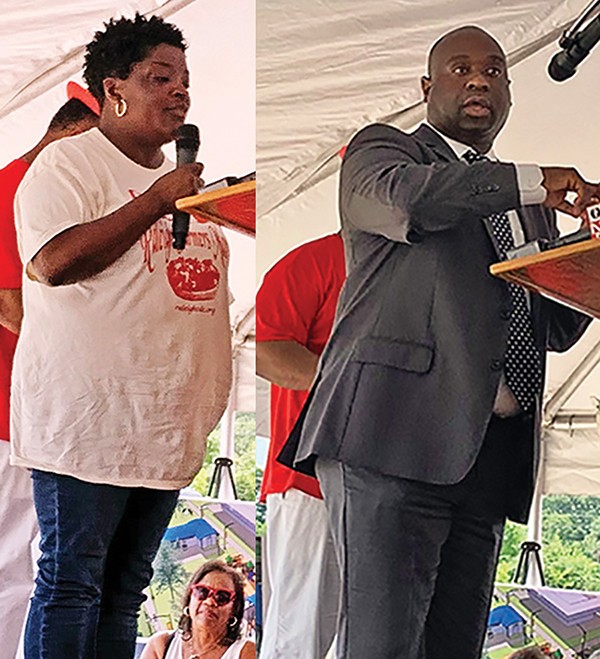 Photographs by Jackson Baker
Photographs by Jackson Baker
Rhonda Logan (l), Sherman Greer
As she explained to a group of supporters at a fund-raising event at Halle Plantation in Collierville Saturday night, Sugarmon sees herself as a people’s candidate, proud to have several endorsements from labor groups. And, with a nod to her family tradition, she said, “I’m a fighter. I’m for Memphis first.”
She professes to be alarmed at the number of city contracts that go “outside our state” and wants to “keep the money in Memphis.” She talks up affordable housing, a more equitable awarding of city contracts, and the rights of citizens to have a greater say in matters of neighborhood development. These and other issues have a familiar ring in a council race. But Sugarmon has some specialty issues as well. She promises to pay specific heed to the needs of foster parents, the repurposing of the Mid-South Coliseum, and the plight of the hard of hearing, whom she sees as an underserved population.
Her concern for the latter was dramatized at the event Saturday night by a trio of young women who illustrated a musical number, “The Song of Peace,” with choreographed signing gestures, as well as by the fact that the remarks of Sugarmon, a social studies and government teacher at White Station High School, were “interpreted” for the audience in sign language by a White Station colleague Sherry McCrory at her side.

Sugarmon with signer McCrory
The attendees were treated also to offerings from a saxophonist and a ballet dancer and to a formal dinner. The settings may have seemed a bit elaborate, even eccentric, as did the venue, in a relatively remote section of suburban Collierville. But, as Sugarmon explained, “You go where you can.” She is somewhat at the mercy, as was the case on Saturday, of venues offered up as in-kind donations.
That was one reason for the location. Another was, quite simply, that she says she intends to carry her message to all corners of her sprawling super-district — from Idlewild to Raleigh to East Memphis to Hickory Hill. It remains to be seen if opponent Carlisle can match her visibility or chooses instead to run like various other well-funded candidates represented in the past by the Caissa consulting firm — via thickets of yard signs and heavy advertising.
• The council race in District 1, which is based in north Memphis, Frayser, and Raleigh, isn’t exactly a pure one-on-one like that between Sugarmon and Carlisle. There’s a “but” clause to that reality, though.
There are three candidates of record in District 1: Dawn Bonner, Rhonda Logan, and Sherman Greer, and the latter two are considered to be in a de facto one-on-one situation, with the greatest likelihood of ending up in a matchup against each other if the October 3rd vote totals require a runoff.
When it came time last year for the remaining council members to appoint replacements for colleagues who vacated their seats to assume other offices, Logan, it will be remembered, was the preferred candidate for the District 1 seat of various long-term activists in the city’s northern tier — notably state Representative Antonio Parkinson.
There were other applicants, though, and something of a stalemate set in among council members. In the final analysis, after weeks of indecision, the appointment went to Greer, who had a lengthy record of service as an aide to 9th District Congressman Harold Ford Jr., and later to Ford’s successor Steve Cohen.
Both Logan and Greer were on hand Monday for a ceremonial announcement by Parkinson and Memphis Mayor Jim Strickland of plans for a new Raleigh Farmers Market on a former storage site for the Tennessee Department of Transportation. The site may also include facilities for organized athletics and other community needs, said Parkinson, who emceed the ceremony and had largely brokered the project.
Logan was there as director of the Raleigh Community Development Corporation, as was Greer as councilman for the affected area. Both spoke at the event, and both were introduced by Parkinson, who noticeably stumbled over Greer’s name and made a point of profusely apologizing.
No harm, no foul — except that later, when Parkinson posted a video of the event on his Facebook page, he did so over the following text: “State Representative Antonio Parkinson, Rhonda Logan for Memphis City Council District 1, Willie Brooks For County Commission, Announce Plans for New Raleigh Farmers Market.”

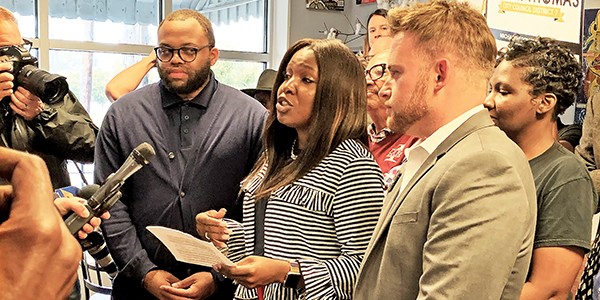 Jackson Baker
Jackson Baker 
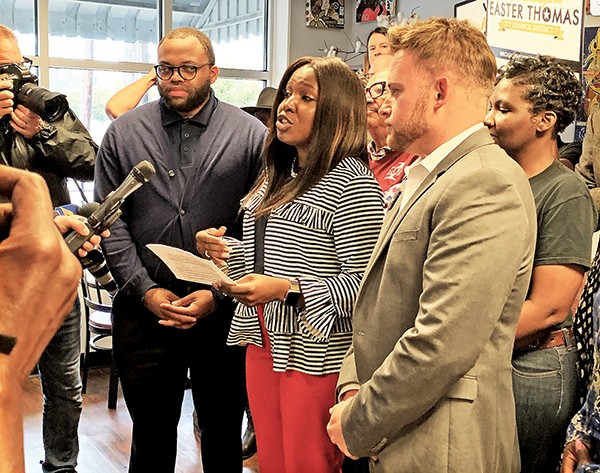 Photographs by Jackson Baker
Photographs by Jackson Baker 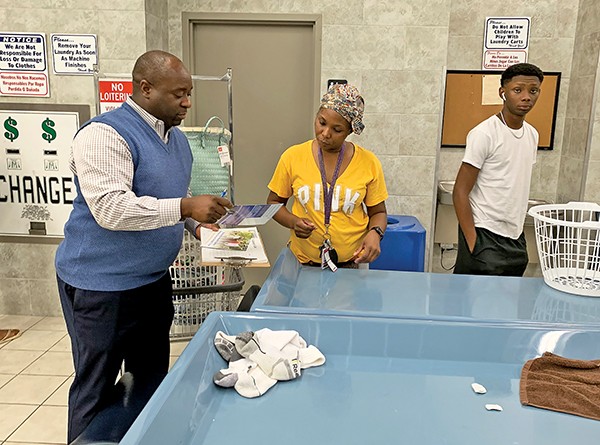
 Photographs by Jackson Baker
Photographs by Jackson Baker 

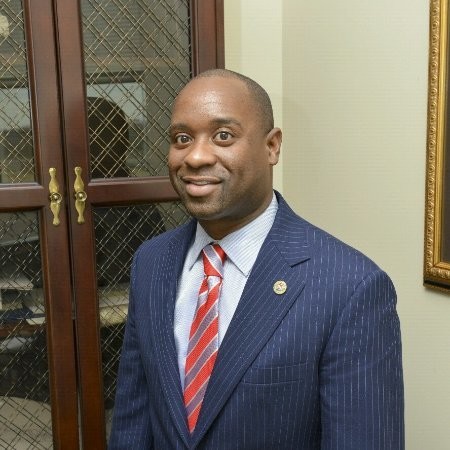 LinkedIn
LinkedIn 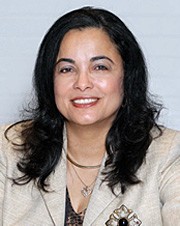 Shelby County
Shelby County  LinkedIn
LinkedIn